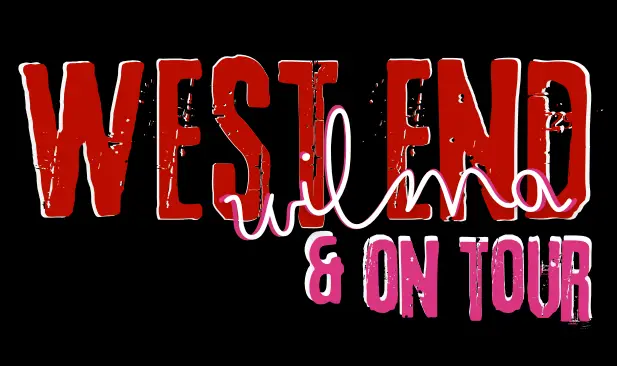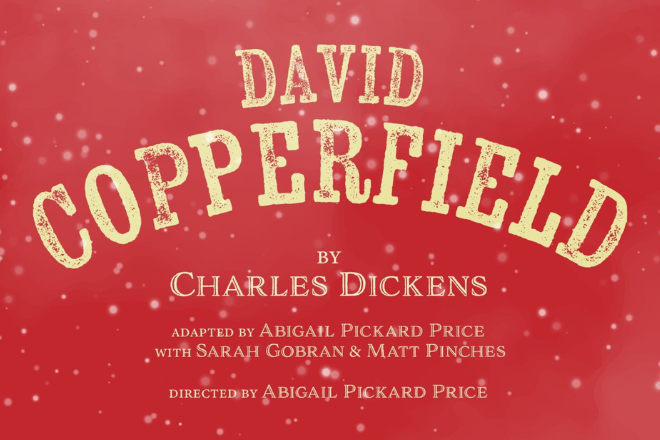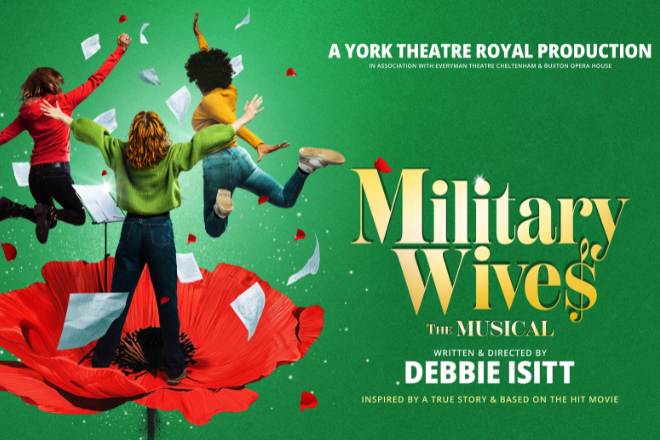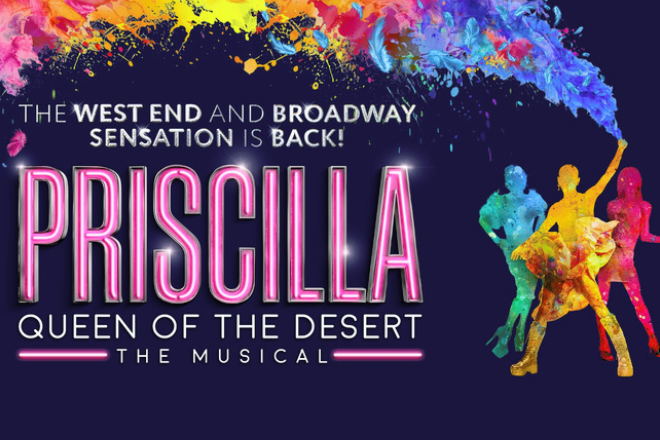BLUE the play which has just opened at Seven Dials Playhouse (playing until 30th March 2024) has announced it will be holding two Black Out nights on 18th and 27th of March.
BLUE is written by and co-stars award winning writer and performer June Carryl (She played major roles on the Netflix series Mindhunter as Camille Bell and the Hulu series Helstrom as Louise Hastings).
Commenting on the Black Out nights planned for BLUE, June says;
“I’m genuinely surprised by the government’s comments last week. And I’ve never understood the issue with Black Out nights.
That someone suddenly takes it personally, that a space isn’t meant to center them, is precisely the point. It’s like in college, no one ever asked why the football players sat together at meals. Just the Black kids. No one ever asks “why Top Gun?”; only “why Barbie?”.
When you live in a culture that centres someone else, when you constantly move through space that isn’t built for you – the buildings aren’t yours, the signs aren’t yours, the laws aren’t yours, the language, the stories aren’t meant to include you – it is exhausting, deadening, a kind of psychic erasure. You don’t even know it’s happening until you suddenly find yourself included, in fact, welcomed, centred.
There is a sense of relief, connection with self and others. Part of what it is to be Black or Brown in a white world is that we don’t live in the same world. We aren’t all invited all the time. That one shares a common set of experiences about the world isn’t offensive. It just is.
I’ll give you an example: when I was in graduate school in the 90s I went to see Thelma and Louise. I was told it was universal, I was told, it was every woman’s movie. I sat in the theatre vibing away, waiting to see myself in that story. You know when I showed up? With the Black guy riding the bicycle through the desert. The guy who blows pot smoke into the trunk of the cop car. If there is a metaphor deeply ensconced in there somewhere, um, thank you? But suddenly, I realized I wasn’t a “universal woman” the same way Thelma and Louise were. Not to that filmmaker. I was the butt of the joke.
Why Black Out nights? Because different audiences get different things from a performance when they are amongst those who share common joys, common wounds. There is communion.
It’s one night. No one’s saying you can’t go. But if you begrudge and take offense to that one night, then what you are saying is, “this has to be mine, too.” And if that is honestly how you feel, then maybe the problem is you.”
About the show
Join Los Angeles Police Detective LaRhonda Parker as she dives into the heart of a gripping interrogation of one of her own in the shooting of a Black motorist. But this isn’t just any case. The officer is a family friend and her husband’s ex-partner.
Following 5* reviews, sell-out runs, and the prestigious Fringe First Award at the Edinburgh Fringe Festival, this intense two-hander promises a pulse-pounding ride through the complexities of race, justice, and loyalty. An hour that will leave you laughing, crying, and thinking, this electrifying theatrical experience is as timely as it is thrilling. A straight show from a queer team from the longest established queer theatre in America.
What is a BLACK OUT night?
It’s a special night where Black identifying guests are invited to enjoy the show and are welcome to linger after the performance with the playwright, cast, and director. Theatre is historically a majority white space and these evenings are an invitation to shift the norm.
Black out nights are designed to create an upbeat environment for BIPOC identifying audience members, and are often offered when a show’s subject matter might be more comfortable for people to be surrounded by a large number of their affinity group.
This is not to deter white audience members from attending but an explicit invitation to make people feel welcome and comfortable.





